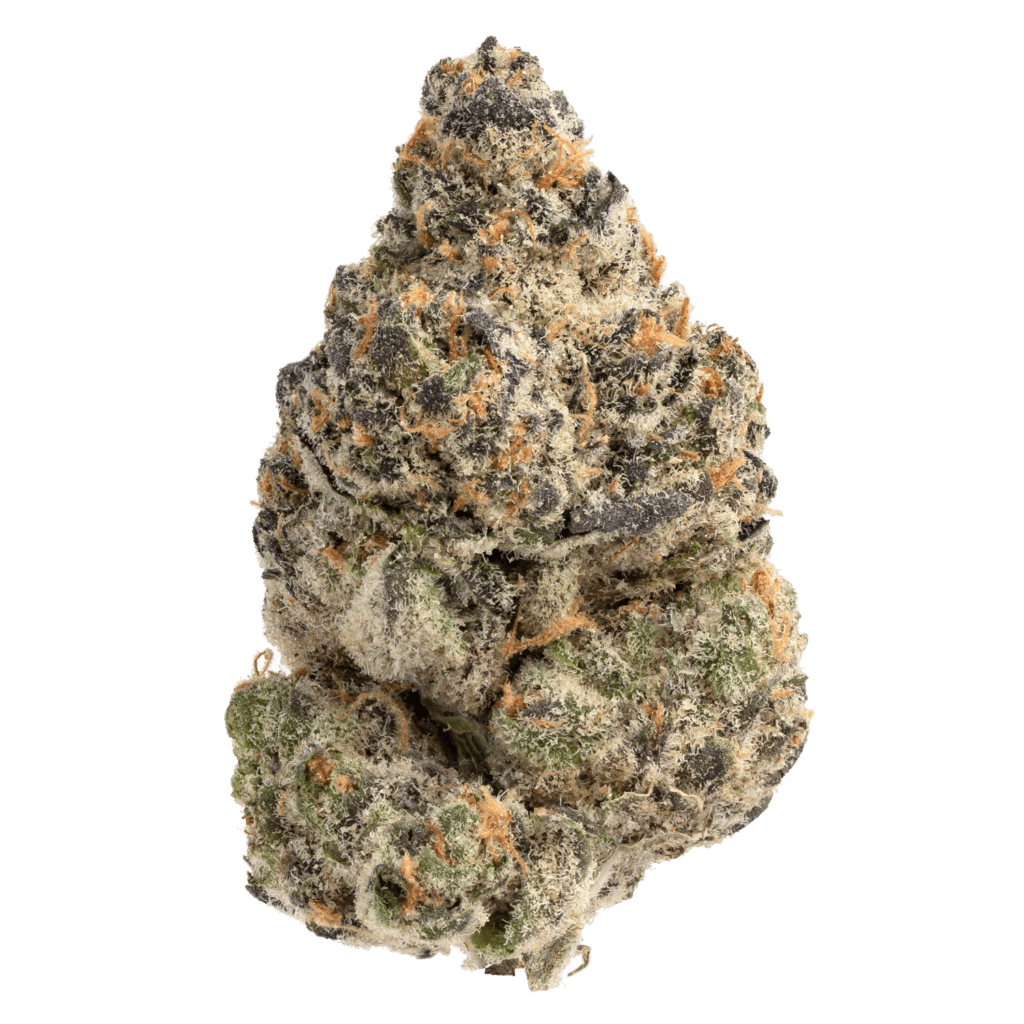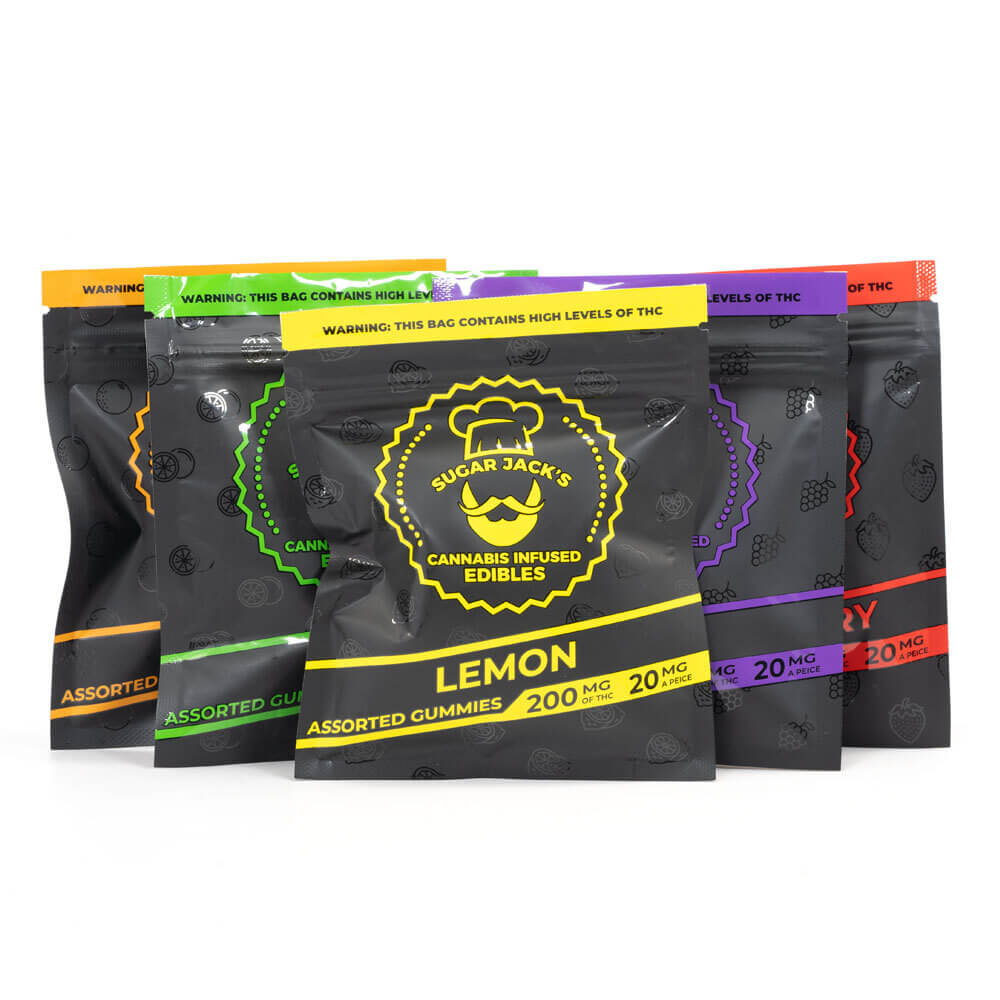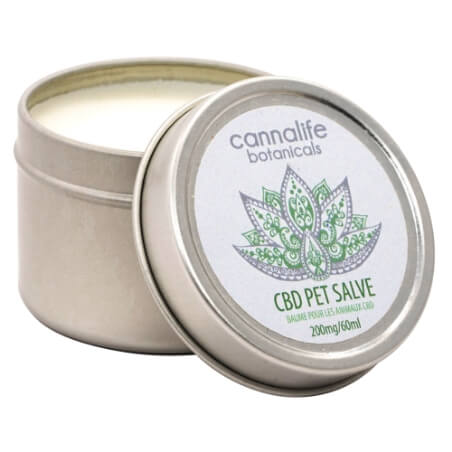No products in the cart.
Can Edibles Help You Sleep Better?
7 Dec 2023

Are you one of the many individuals who struggle with falling asleep and staying asleep? You’re not alone. According to a U.K.-based study, the number of people experiencing insomnia has risen from 1 in 6 in 2018 to 1 in 4 in April 2020. The consequences of poor sleep can be detrimental to your overall health. Thus, increasing the risk of cardiovascular issues, depression, and weakening your body’s natural defenses. Many people turn to various sleep aids, such as alcohol or melatonin, but these options may not be ideal due to potential risks and limited effectiveness. However, there may be an alternative sleep supplement worth considering – edibles. Today we answer, Can edibles help you sleep better?
Understanding Edibles
Edibles, typically associated with cannabis-infused brownies shared at college parties. They are ingestible products designed to provide therapeutic doses of cannabinoids such as CBD, THC, or CBN. CBD, or cannabidiol, is known for its anxiety and inflammation-relieving properties, without causing a high. THC, or tetrahydrocannabinol, is the psychoactive compound responsible for the intoxicating effects of cannabis and has been shown to reduce chronic pain. CBN, or cannabinol, is a lesser-studied compound that is derived from THC and is known for its sedating properties.
It’s important to note that the strains of cannabis, such as indica or sativa. May not significantly impact the effectiveness of edibles for sleep. The primary factor influencing the experience is the cannabinoid content in the product you consume.
Can Edibles Help Sleep Better?
Many experts, including Benjamin Caplan, M.D., a board-certified family medicine physician, advocate for the use of cannabis. Specifically low-dose edibles, to address sleep issues. Dr. Caplan has witnessed thousands of patients achieve restful sleep with the help of low-dose edibles. Without experiencing unpleasant side effects. Smita Patel, D.O., a physician in neurology, sleep medicine, and integrative medicine. Also recognizes the therapeutic potential of CBD for insomnia and the sleep-inducing properties of THC. In a 2019 study, participants with anxiety or sleep disorders reported improved sleep quality and reduced anxiety after consuming CBD.
The positive effects of edibles on sleep can be attributed to the endocannabinoid system, a natural system in the human body that regulates various processes, including sleep. The cannabinoids in edibles interact with receptors in this system, providing pain relief, stress support, and promoting overall well-being and quality sleep.
Factors to Consider When Taking Edibles for Sleep
To optimize the use of edibles for sleep, there are several factors to consider:
1. Choosing the Right Product
When choosing an edible for sleep, consider oil-based products since they digest slower in the body, offering a longer-lasting and calming effect. Look for edibles that combine THC and CBN, as this combination can offer uninterrupted sleep without leaving you feeling groggy. While the availability of cannabis products may vary depending on your location, CBD products can be legally purchased in most states and can be easily obtained online.
2. Determining the Right Dose
Start with a low dose of edibles, especially if you are new to cannabis consumption, to avoid overwhelming effects. A dosage range of 5 to 10 milligrams of THC is generally recommended for sleep, but individual tolerance and response to cannabinoids can vary. Additionally, consider the incorporation of cannabis terpenes, such as myrcene, which can enhance the sedating effects of a lower THC dose.
3. Timing Your Consumption
Timing is crucial when asking can edibles help you sleep better. It is recommended to consume the edible approximately 30 minutes to an hour before bedtime. Consuming the edible too early may lead to sleepiness before your desired bedtime, while consuming it too late may result in prolonged wakefulness while waiting for the effects to kick in. Ensure you have a sufficient amount of time for sleep, as the effects of edibles can last up to six to eight hours.
4. Quality and Safety
When purchasing edibles, look for products that have undergone lab testing and have a Certificate of Analysis (COA) to ensure they are free from harmful toxins. It is essential to prioritize safety and choose reputable sources for your edibles.
5. Short-Term Supplement, Not a Long-Term Solution
While edibles can provide temporary relief for sleep issues. It is important to address the root causes of sleep problems and practice good sleep hygiene for long-term benefits. Relying solely on edibles for sleep on a daily basis may lead to habituation and diminished effectiveness over time. If you suspect you have insomnia or persistent sleep problems, it is recommended to consult with a healthcare professional for a comprehensive evaluation and appropriate treatment.
Conclusion
Using edibles for sleep can be a viable option for those seeking natural alternatives to conventional sleep aids. With the potential benefits of cannabinoids like CBD, THC, and CBN. Edibles may help improve sleep quality and address issues such as anxiety and chronic pain. However, it is crucial to choose the right product. As well as, determine the appropriate dosage, and time your consumption correctly to optimize the effects of edibles for sleep. Remember to prioritize safety, rely on edibles as a short-term supplement, and consult with a healthcare professional if you have persistent sleep problems. By incorporating edibles into your sleep routine thoughtfully, you may discover a restful night’s sleep that rejuvenates your mind and body.







